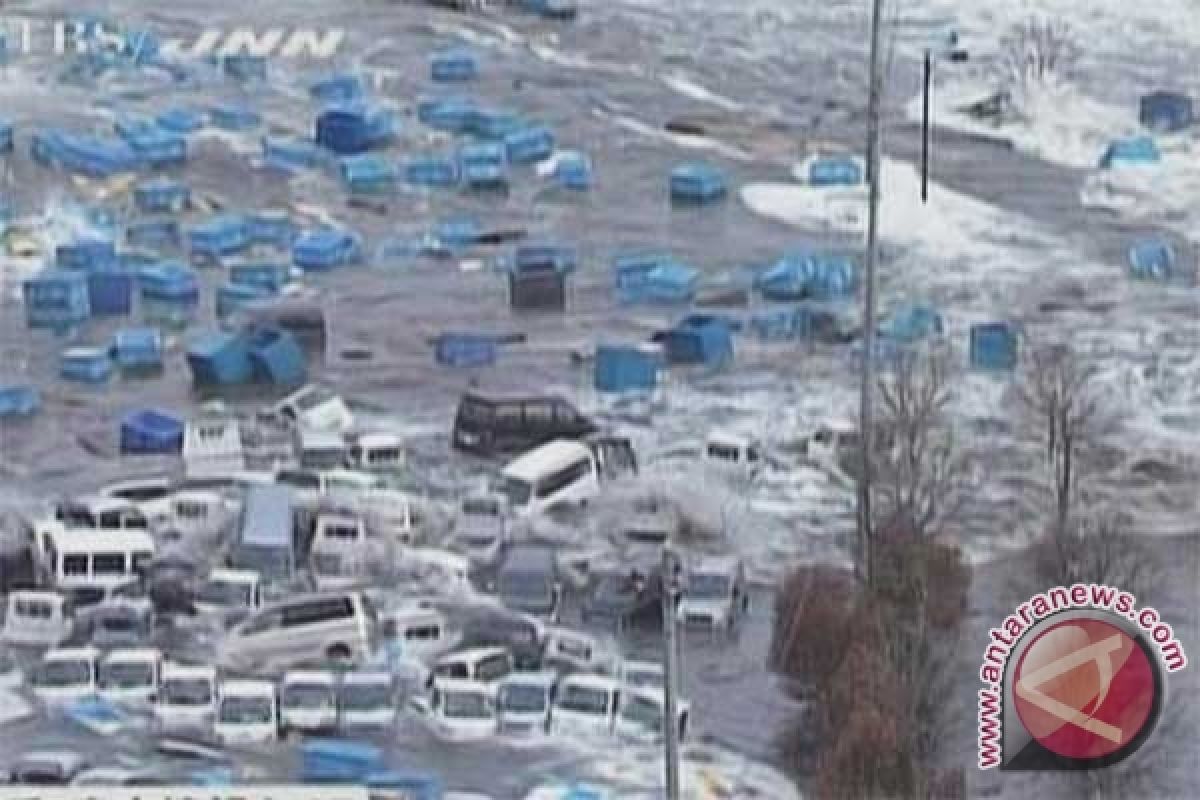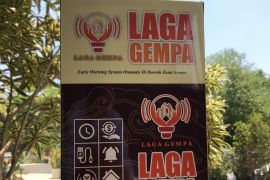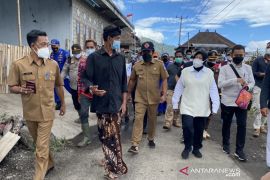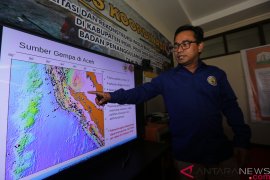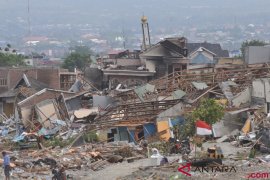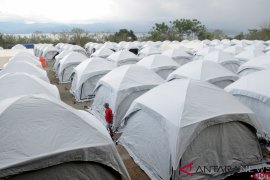"They survived because none stays in the disaster zone and they have decided to go ahead with their post-graduate studies in Japan," he said here Monday.
A tremendous earthquake, followed by a deadly tsunami, struck Japan on March 11, killing at least 5,000 people. As a result of the natural disaster, the country`s nuclear power plant developed a leak.
The four lecturers identified as Muorina Adfah, Asdim, Ashar Muda Lubis, and Ridwan Yahya, were tudying at Gifu University, Chiba University, and Kyoto University, he said.
"We have been able to contact them and they are all in good health," Suharyanto said.
They felt the tremors of the 9.0-magnitude earthquake though they were far away from the center of the earthquake, he said.
The fate of Indonesians in Japan become the government`s great concern.
In response to a possible impact of the Japanese leaking nuclear power plant, Indonesian Health Minister Endang R Sedyaningsih said all Indonesians who had returned home from Japan would be thoroughly medically examined to make sure that they were free from nuclear radiation.
The Indonesian Nuclear Supervisory Agency (Bapeten) had even scanned the Indonesians who had returned home from Japan.
Head of Bapeten As Natio Lasman said 174 Indonesians who arrived at Soekarno-Hatta International Airport from Japan on March 15 were free from radiation.
Chairperson of the Indonesian Students Association in Japan (PPI-Japan) Fithra Faisal Hastiadi said that the catastrophe only had a limited impact on the northern prefectures on Honsu island, Miyagi, Iwate, Fukushima and Aomori.
The condition in other places, including Tokyo, Osaka, Hiroshima, Fukuoka, where most of the Indonesians lived, were generally safe. There wee even no casualties, Hastiadi said.
(Uu.R013/A/H-NG/F001)
Editor: Priyambodo RH
Copyright © ANTARA 2011
